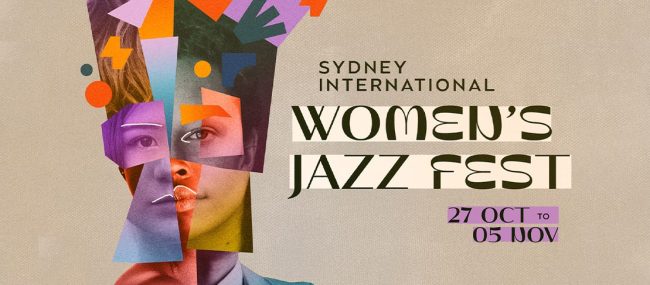Interview with Freedman Classical Finalist Rohan Dasika
Double Bassist and Freedman Classical Finalist Rohan Dasika Discusses His Interest in Carnatic Music, Work With Some of the World’s Leading Orchestras, and More.
How did you first get interested in music and select the double bass as your instrument of choice?
My mum trained as a jazz saxophonist, and now works as a woodwind teacher, while my dad, who is an environmental engineer, is also a Bob Dylan fanatic with what I realise now is potentially the most eclectic taste in music I’ve ever encountered – so there was always music around the house growing up. I started learning piano aged maybe 6 or 7, but after a few years, I remember having the realisation that I saw myself as someone who worked more in the background – I must have been a pretty serious kid…! I began getting trombone lessons at our local brass band, and messed around with tuba for a bit, but when I started high school, I saw some older students sitting up the back of orchestra with their double basses looking like they were having a great time, and wanted to do what they were doing. After meeting the bass teacher at school (and his tweed jackets), and deciding he was the coolest person I had ever seen, I was hooked!
As a young musician you have already worked with some of the world’s leading orchestras? Tell us about that experience:
For me, sitting in the bass section is my favourite place to experience the sound of an orchestra. So being able to have played in some great orchestras is a joy first and foremost as a listener and music fan. But orchestras are also fascinating just as large groups of humans, each having developed their own unique way of working together. It’s always inspiring to be a part of so many people coming together around a common goal, especially in the moment of performance. It still feels like I’m cheating the system a little bit, that it’s possible to make a living doing this…!
How did your interest in Carnatic music begin and tell us a little about the actual style?
Carnatic music is the classical music of Southern India – my dad’s family had moved from there to Bendigo when he was a child, and so the music has been part of events with our extended family in Melbourne for about as long as I can remember. I have strong memories as a child of going to watch the various debut performances of my cousins, who had all learnt the music growing up, and it always going the same way: something about the drone of the tanpura and the comfy seats in the warm hall would put me almost instantly to sleep. Then, in the intermission, I would load up on Indian sweets, and be completely wired for the second half! It’s only been relatively recently, as I start to seek music that speaks to me and my place in the world today, that I realised that a lot of what I’m looking for musically has been in front of me this whole time.
Tell us briefly about your proposal should you win the Fellowship:
Learning Carnatic music is a process that will take a lifetime – it’s a very deep tradition. I’m hoping to use the Fellowship to bring me at least closer to the music. I have proposed to commission eminent Australian musicians Sandy Evans and Adrian Sherriff to write me pieces informed by their experiences between the worlds of Western and Carnatic music. I then hope to perform these pieces in Chennai (a historical centre of Carnatic music) and to be immersed in the music there. I would also be partially funding the building of a disassemblable travel instrument to this end, giving me more freedom in performing and learning into the future.


